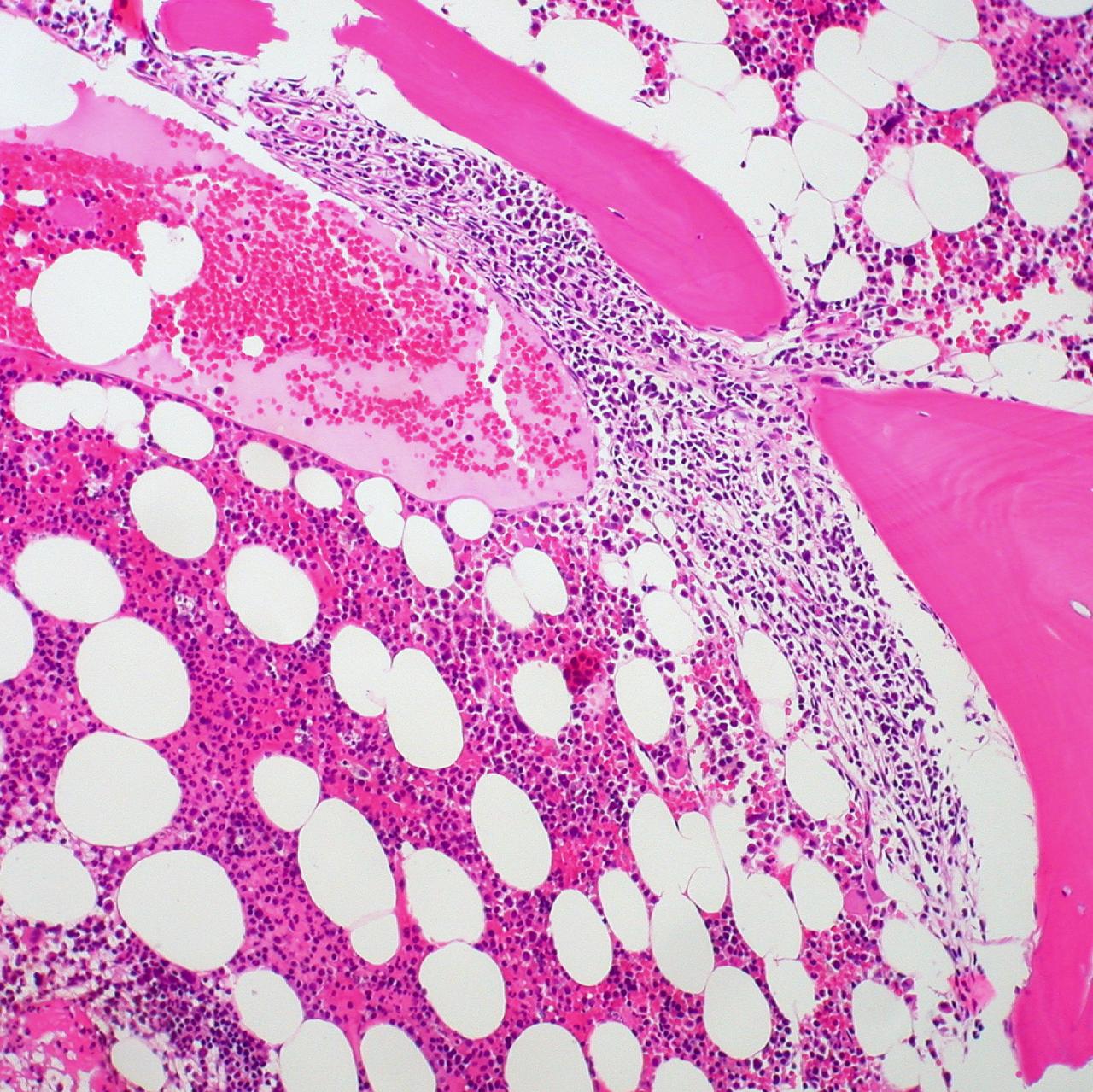 Photo: Getty Images
Photo: Getty Images
It’s that time of year again to roll up your sleeve to prevent influenza.
Influenza (the flu) is a number different viruses that can cause very serious illness, especially if you have ever had cancer.
Cancer survivors are at a higher risk for complications from the flu that could result in hospitalization and death, even if you are now cancer free.
According to the most recent consumer snapshot survey by interclick, a technology data research group, a 42 percent of Americans plan to be immunized this year, nearly half of women and 40 percent of men.
Not surprisingly, Americans who identify themselves as not getting sick often or those who have never had the flu say they are less likely to receive the shot, according to the survey.
Each year, the human and economic toll caused by flu infection is alarming. On average 200,000 people are hospitalized for influenza and as many as 49,000 die from complications. The flu is not the sniffles. Its symptoms include fever, body aches, chills, vomiting, tiredness, and a cough that can last for weeks.
In 2010, the flu led to 100 million lost workdays, nearly $7 billion in lost wages and 32 million missed school days, according to the latest Walgreens Flu Impact Report.
Here are a few things cancer survivors — and people who live or care for survivors — need to know to protect them during the 2011-12 flu season.
The Center of Disease Control and Prevention (CDC) reports the 2011-12 season will likely peak in January or February although the timing of seasonal flu is very unpredictable year to year. Seasonal flu activity can begin as early as October and continue to occur as late as May.
People with cancer or a history of cancer should receive the seasonal flu shot, not the nasal spray vaccine, which is approved for healthy individuals, ages 2-49, who are not pregnant.
People who live with or care for cancer patients and survivors should also be vaccinated against seasonal flu. Additionally, CDC recommends that everyone aged six months and older get a flu vaccine for the current flu season. This lessens their chance of illness, and lowers the risk they will bring the flu home to you.
Even if you were vaccinated last year, it’s important to be vaccinated again for the current season. The immune response to flu vaccines fades over time, so last year’s shot may not protect you during this flu season. Flu vaccines are evaluated and changed year to year to provide protection for the viruses that will cause the most illness. The 2011-2012 flu vaccine is an all-in-one vaccine that helps protect against H1N1 and 2 other types of flu virus.
All types of flu are spread the same way, breathing in tiny droplets of the virus from others infected with the flu or touching something contaminated with the virus then touching your nose, mouth or eyes. Try to stay at least six feet away from people who appear ill, and wash your hands with soap and water often or use an alcohol-based hand sanitizer if water is not available, the CDC recommends.
Cancer patients and survivors should also take antiviral drugs if your doctor prescribes them. People with cancer or other diseases that compromise your immune system should ask their health care providers if two pneumococcal pneumonia shots are also needed.
If you have received cancer treatment such as chemotherapy and/or radiation therapy within the last month, or have a blood or lymphatic form of cancer, call your doctor immediately if you get flu symptoms, the CDC says.
Lynette Summerill, an award-winning writer and scuba enthusiast lives in San Diego, CA with her husband and two canine kids. In addition to writing about cancer-related issues for EmpowHER, her work has been seen in newspapers and magazines around the world.
Sources:
PRNewswire. Women more likely than men to roll up their sleeves for flu shot. 9 Nov. 2011. Accessed online 10 Nov. 2011 at: http://www.prnewswire.com/news-releases/women-more-likely-than-men-to-roll-up-their-sleeves-for-the-flu-shot-133526753.html
Medical News. Walgreen’s Impact Report. 12 Oct. 2011. Accessed online 10 Nov. 2011 at: http://www.news-medical.net/news/20111012/Walgreens-Flu-Impact-Report.aspx
CDC. Key facts about seasonal flu vaccine. Accessed online 10 Nov. 2011 at: http://www.cdc.gov/flu/protect/keyfacts.htm
CDC. Cancer, the Flu and you. Accessed online 10 Nov. 2011 at: http://www.cdc.gov/cancer/flu
CDC. Questions and answers about the 2011-12 flu season. Accessed online 10 Nov. 2011 at: http://www.cdc.gov/flu/about/season/flu-season-2011-2012.htm
American Cancer Society. Infections in people with cancer. Accessed online 10 Nov. 2011 at: http://www.cancer.org/Treatment/TreatmentsandSideEffects/PhysicalSideEffects/InfectionsinPeoplewithCancer/seasonal-and-h1n1-flu-vaccine-information
Reviewed November 10, 2011
by Michele Blacksberg RN
Edited by Jody Smith





Add a CommentComments
There are no comments yet. Be the first one and get the conversation started!